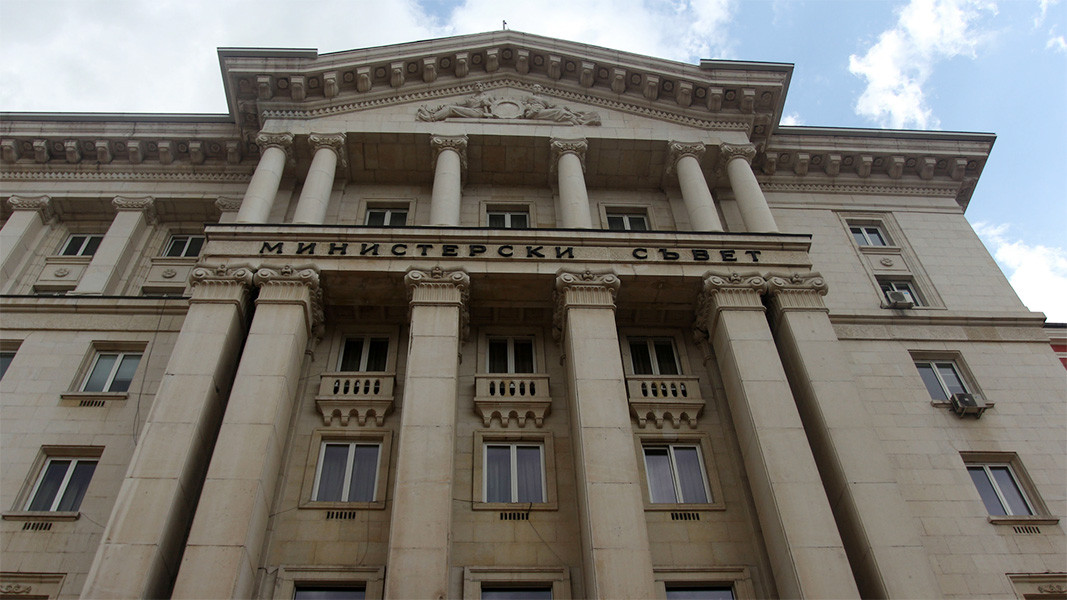The event that marked the year 2022 in terms of foreign policy is the war on the territory of Ukraine. The military operation launched by Russia on February 24 caused an unprecedented act of solidarity towards the Ukrainian people by almost all EU member states. Initially, efforts were aimed at helping Ukrainians fleeing the war, then financial sanctions were taken against the aggressor country, military and humanitarian aid was sent to Ukraine.
Bulgaria's proximity to the area of hostilities directed a serious flow of refugees to Bulgarian borders, and the state's attempts to organize their shelter and feeding were aided, and often overtaken, by large-scale civic actions by thousands of volunteers and donors.

"Although we are going through a series of crises, we are moving towards the restoration of normality,” political scientist Evgeni Dainov told Radio Bulgaria. According to him, the EU member states managed to cope with the Covid crisis. “With this common effort, we closed a period of selfishness. The other normality that is restored during a period of crises is the resilience of liberal democracy against the barbaric attempt, with the war in Ukraine, to overthrow it. Liberal democracy is always stronger in crises than authoritarian regimes. Our understanding of what it rests on has also been restored - freedom, law, initiative and benevolence."
Despite the global challenges, 2022 for Bulgaria will rather remain under the sign of political instability and the impossibility of forming a stable and long-lasting government. Such a deadlock is often a prerequisite for public sentiments to change the model of government from a parliamentary to a presidential republic.
"Hearing such voices is completely normal, because after four national elections, we have formed only one regular government and three caretaker cabinets," commented political scientist Lidia Daskalova. According to her, the thesis that the president does not want to form a regular government in order to continue concentrating power in himself is exaggerated and rather speculative.

“But he certainly changed his behavior a lot. He softened the tone towards some parties, towards which he was extremely harsh. We well remember that he was one of the people who energized the civil protests of last year with his fist waved. The topic of a presidential republic seems quite distant to me at this stage, but I can certainly say that I am categorically against Bulgaria being a presidential republic," says Lidia Daskalova.
There are also voices in the direction of rethinking the role and functions of the caretaker government as a form of executive power in a time of political instability. One argument is that these types of governments often exceed their constitutional powers.
"With some weak and unstable liberal democracies that easily mutate into authoritarian, populist or gangster regimes, it is not a good idea to do what they have chosen in Britain - after the end of its mandate, the existing government prepares the elections in which to be replaced. For countries like Bulgaria, some sort of side government is needed to organize the elections and run the country. In this sense, a caretaker government appointed by a president rather than a parliament is rather a good legislative find.”

Daskalova hopes that the year 2023 will bring us more confidence that the change we are looking for is deserved and depends on the joint efforts of all of us:
"After all, I think that with small steps we are going there. We have an enormous amount of work, the fruits of which, if we start now, we will see in 5, maybe even 10 years. Work awaits us on the reforms necessary for the funds under the Recovery and Resilience Plan. A series of parliamentary and local elections await us. At a time like this, although I realize how difficult a task it is, I try to be optimistic."

Professor Dainov sees the coming year as a time when the restoration of normality will continue, and this is the most optimistic thing we can dream of after 30 years of waiting.
Following the split within the Movement for Rights and Freedoms (DPS), Ahmed Dogan has announced the creation of a new political party - Alliance for Rights and Freedoms (APS). Democracy, Rights and Freedoms – DPS has been renamed to Alliance for..
With 128 votes in favour, 56 against and six abstentions, the National Assembly elected Maria Filipova, the chair of the Consumer Protection Commission, as deputy ombudsman of the Republic of Bulgaria. She received support from MPs belonging to..
Deputy Prime Minister Atanas Zafirov's attendance at a military parade in China provoked a strong reaction from We Continue the Change-Democratic Bulgaria (PP-DB) , who submitted a declaration to the National Assembly. Speaking from the parliamentary..

+359 2 9336 661
